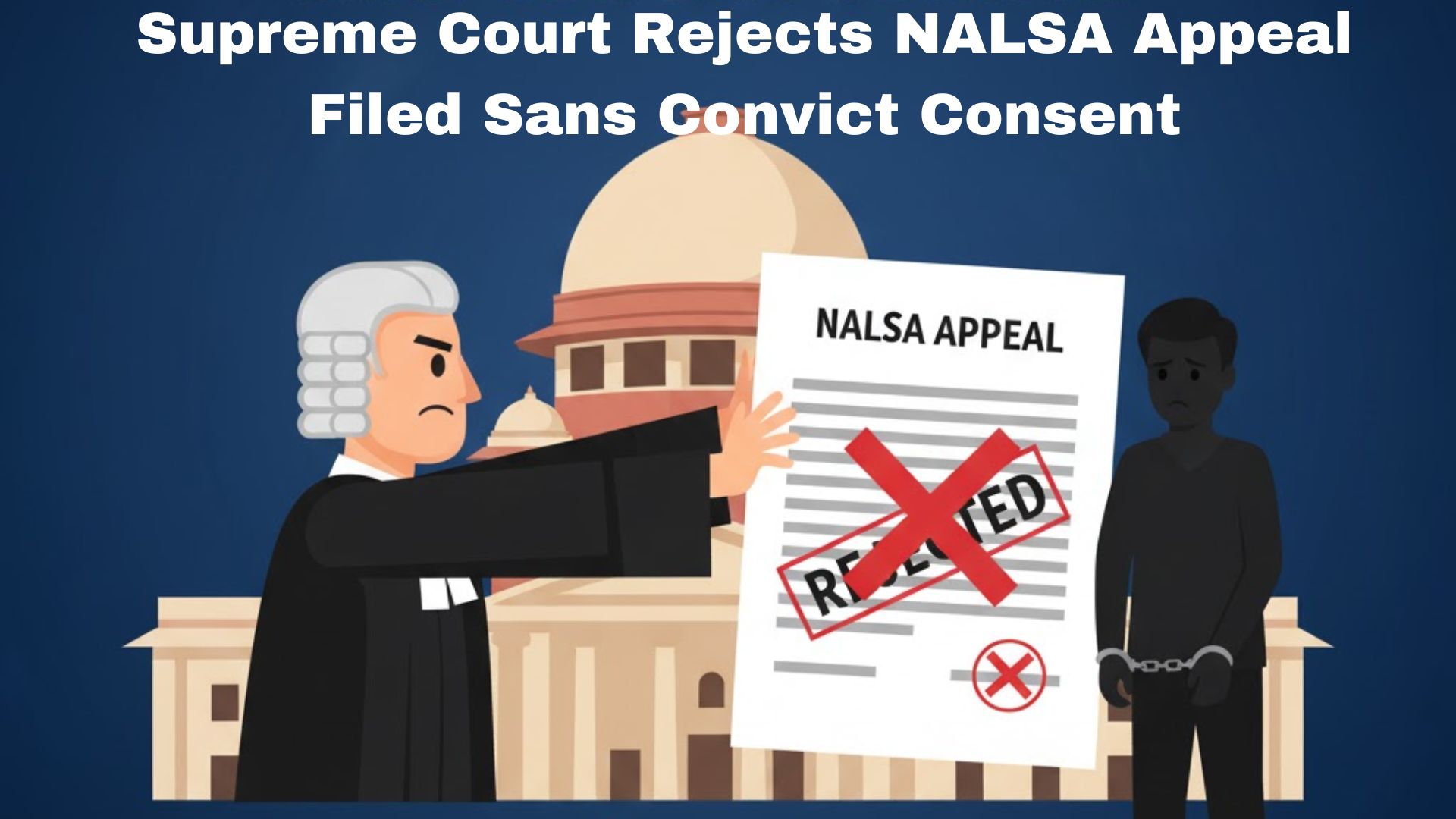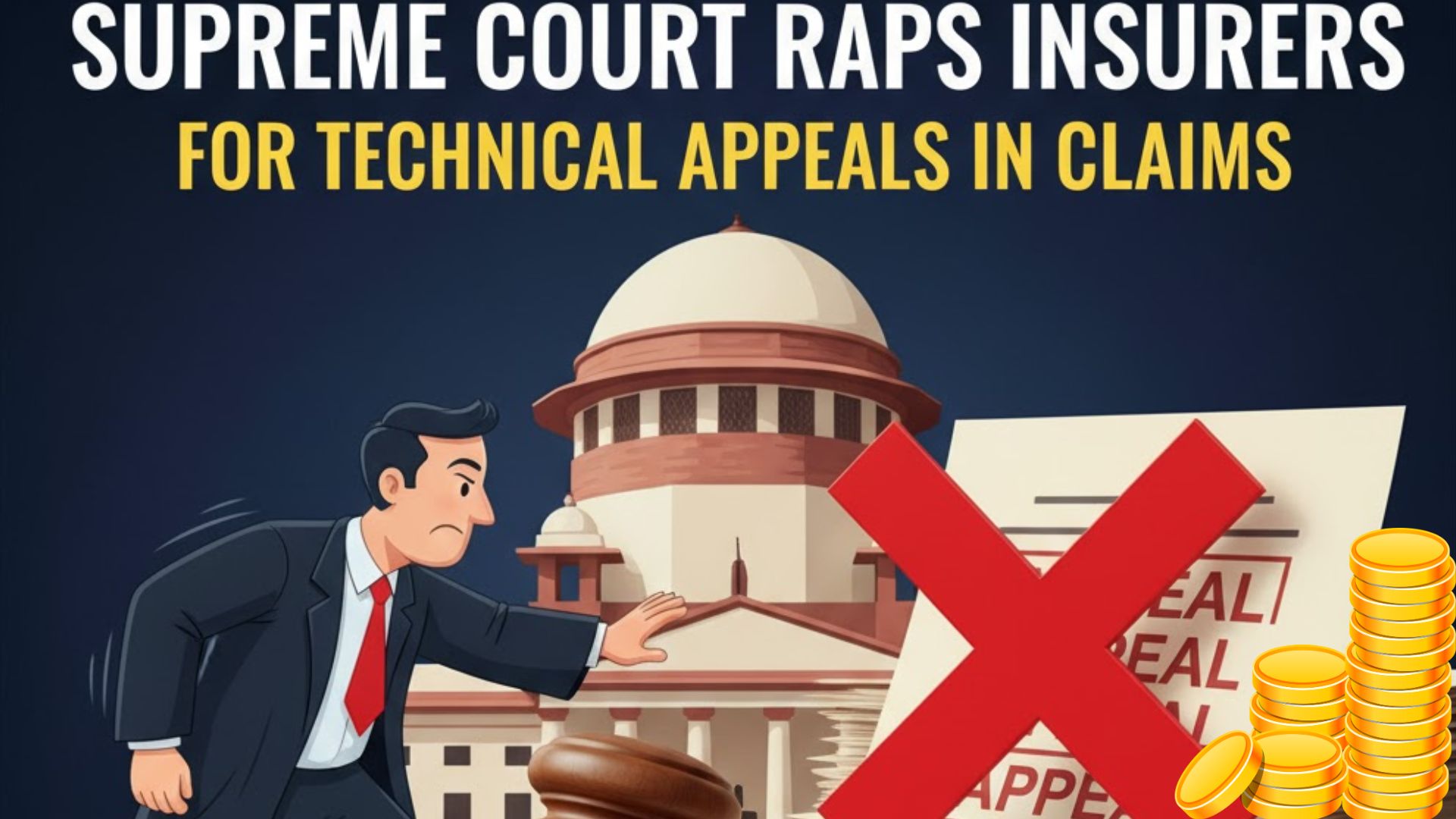B.P. Jeevan Reddy, C.J.@mdashThe Income Tax Appellate Tribunal has stated the following question u/s 256(1) of the Income Tax Act, 1961 :
Whether, on the facts and in the circumstances of the case, the Appellate Tribunal was justified in holding that the provisions of Section 155(3) of
the Income Tax Act, 1961, were not applicable to the facts of this case and hence the Income Tax Officer was not competent to rectify the
assessments under that section by withdrawing the deduction of excess profits tax liability allowed earlier even when the excess profits tax
proceedings were quashed by the court ?
2. The assessee is an Hindu undivided family. The Income Tax assessments of the assessee for assessment years 1944-45 to 1947-48 were
completed in March, 1953. The excess profits tax payable by the assessee for each of these years was allowed as a deduction while computing
the total income of the respective years. Subsequently, notices were issued u/s 13(1) of the Excess Profits Tax Act, 1940, to the assessee with
respect to the said four assessment years, the validity whereof was questioned by the assessee on the ground that the Hindu undivided family
having got disrupted on October 1, 1951, proceedings for assessment of the excess profit tax cannot be initiated against it. The said contention
was upheld by this court and an appeal preferred by the Department to the Supreme Court was dismissed on August 28, 1972 The Income Tax
Officer, Gorakhpur Vs. Shri Ram Prasad and Others, . After the decision of the Supreme Court, the assessee called upon the Department to
refund the amount paid by it on account of excess profits tax during the said years. It is then that the Income Tax Officer initiated proceedings for
rectifying the Income Tax assessment orders for the said years u/s 154 read with Section 155(3). The assessee objected to the rectification, but its
objections were overruled and the assessment orders were revised, withdrawing the deduction granted on account of the excess profits tax. An
appeal to the Appellate Assistant Commissioner was dismissed. The matter was then carried by the assessee to the Tribunal. The Tribunal held
that, on its language, Sub-section (3) of Section 155 is not attracted and is not applicable to the facts of the case and, therefore, the orders of
rectification are bad. The Revenue thereupon applied for and obtained this reference.
3. Section 155(3) reads as follows :
Where the excess profits tax or the business profits tax payable by an assessee has been modified in appeal, revision or any other proceeding, or
where any excess profits tax has been assessed after the completion of the corresponding assessment for Income Tax and in consequence thereof,
it is necessary to amend the total income of the assessee chargeable to Income Tax, the Assessing Officer may make the necessary amendment
and the provisions of Section 154 shall, so far as may be, apply thereto, the period of four years specified in Sub-section (7) of that section being
reckoned from the date of the order making or modifying the assessment of such excess profits tax or business profits tax, as the case may be.
Explanation.--For the purposes of this sub-section, where the assessee is a firm the provisions of Sub-section (1) shall also apply as they apply to
the amendment of the assessment of the partners of the firm.
4. A reading of Section 155(3) shows that it provides for passing of consequential orders in two situations :
(i) Where the excess profits tax or business profits tax payable by an assessee which has been given deduction in the assessment of Income Tax is
modified in appeal, revision or other proceeding :
or
(ii) where any excess profits tax has been assessed after the completion of the corresponding assessment for Income Tax.
5. In either of these situations, if it is found necessary to amend the total income of the assessee chargeable to Income Tax, the Income Tax Officer
may make the necessary amendments. For this purpose, Section 154 is made applicable and the period of limitation of four years mentioned in
Section 154(7) shall be reckoned from the date of the order making or modifying the assessment of the excess profits tax or business profits tax,
as the case may be.
6. Now, coming to the reasoning of the Tribunal, it runs thus :
In the present case, there has been no order revising the excess profits tax payable by the assessee. The proceedings before the Supreme Court
were not for determining the amount of excess profits tax payable by the assessee. The assessee merely challenged the notices issued u/s 13(1) of
the Excess Profits Tax Act. The said notices were quashed by the High Court in Income Tax OFFICER, GORAKHPUR Vs. RAM PRASAD
AND OTHERS., and the order of the High Court was affirmed by the Supreme Court. The Income Tax Officer, Gorakhpur Vs. Shri Ram Prasad
and Others, . That did not take away the liability of the assessee. Its liability to pay the excess profits tax was never in dispute. Merely because
notices issued for assessment to the excess profits tax were quashed, it does not affect the assessee''s liability to pay the excess profits tax. In such
a situation, Section 155(3) does not apply.
7. We find ourselves unable to agree with this reasoning. Evidently, the Tribunal has missed the crucial expression occurring in Section 155(3) ; in
the first clause of Sub-section (3), the expression used is ""payable"", and not ""liable"". Liability to tax and its payability are two different things., For
example, liability to Income Tax is created by Sections 3 and 4 of the Income Tax Act read with the relevant section of the annual Finance Act, but
the tax becomes payable, ordinarily speaking, only when an assessment is made and the amount of tax payable is determined. One of the situations
contemplated by Sub-section (3) of Section 155 is where a deduction has been allowed in the Income Tax proceedings of an assessee on account
of the excess profits tax or business profits tax payable by such assessee and in appeal, revision or other proceeding, the order regarding the
payability of the excess profits tax or business profits tax is modified, consequential orders can be made in the Income Tax assessment u/s 154
read with this sub-section. Similarly, it provides that where, after the Income Tax assessment is completed, excess profits tax is assessed and thus
becomes payable, the Income Tax assessment can be rectified so as to allow deduction on that account. The Tribunal was in error in treating the
word ""payable"" as synonymous with the word ""liable"". May be the liability to pay excess profits tax under the Excess Profits Tax Act may not have
ceased, but the fact remains that it had claimed deduction on that account and now, as the said tax has become not payable because the notices u/s
13(1) of the Excess Profits Tax Act have been quashed, the assessee is entitled to the refund of excess profits tax. It claimed it and presumably got
it.
8. Learned counsel for the assessee argued that, since the liability to excess profits tax has not ceased, Sub-section (3) of Section 155 has no
application. This is precisely the reasoning given by the Tribunal with which we cannot agree.
9. The other argument urged by learned counsel for the assessee is that Sub-section (3) of Section 155 applies only where the excess profits tax is
modified"" in appeal, revision or other proceeding. Learned counsel emphasised upon the meaning of the word ""modified"" and said that this
expression does not mean total withdrawal or revocation or cancellation of the tax, but only variation. In this behalf, the dictionary meaning of the
word ""modify"" was relied upon by him as also the observations of the Supreme Court in paragraph 23 of its judgment in Burrakur Coal Co., Ltd.
Vs. The Union of India (UOI) and Others, . We are, however, of the opinion that the expression ""modified"" must be understood in the context in
which it occurs. As is often said, a word takes its colour from the context. If the construction suggested by learned counsel is accepted, the said
sub-section would be applicable where the tax is reduced, say from Rs. 1,000 to Re. 1 but not where it is totally held not payable. The discussion
in the judgment of the Supreme Court about the word ""modification"" was in a different context and cannot be applied here. Indeed, the
observations of the Supreme Court in an earlier decision in Atma Ram Vs. The State of Punjab and Others, , quoted in paragraph 23 of the said
judgment itself go to show that the meaning of the expression ""modification"" varies from context to context.
10. It was then argued by learned counsel for the assessee that a writ proceeding is not ""any other proceeding"" within the meaning of Section
155(3). We are unable to accept this submission as well. The expression is ""any other proceeding"" and there is no reason why a writ proceeding is
not to be included within the said phrase. In fact, if a writ proceeding is not included within the said phrase, it would become superfluous and a
surplus age.
11. Learned counsel for the assessee invoked the principle that, in a taxing statute, words must be strictly construed and that there is no room for
any equity in a taxing statute. That is so. But what we are concerned with herein is to give a reasonable interpretation of Sub-section (3) of Section
155 of the Income Tax Act having regard to its underlying object and the language employed therein. It must be remembered that the said sub
section provides for both the situations, namely, where a deduction has been granted but it has to be modified and where a deduction has not been
claimed and granted but has to be allowed.
12. For the above reasons, we answer the question referred in the negative, that is, in favour of the Revenue and against the assessee. No costs.

